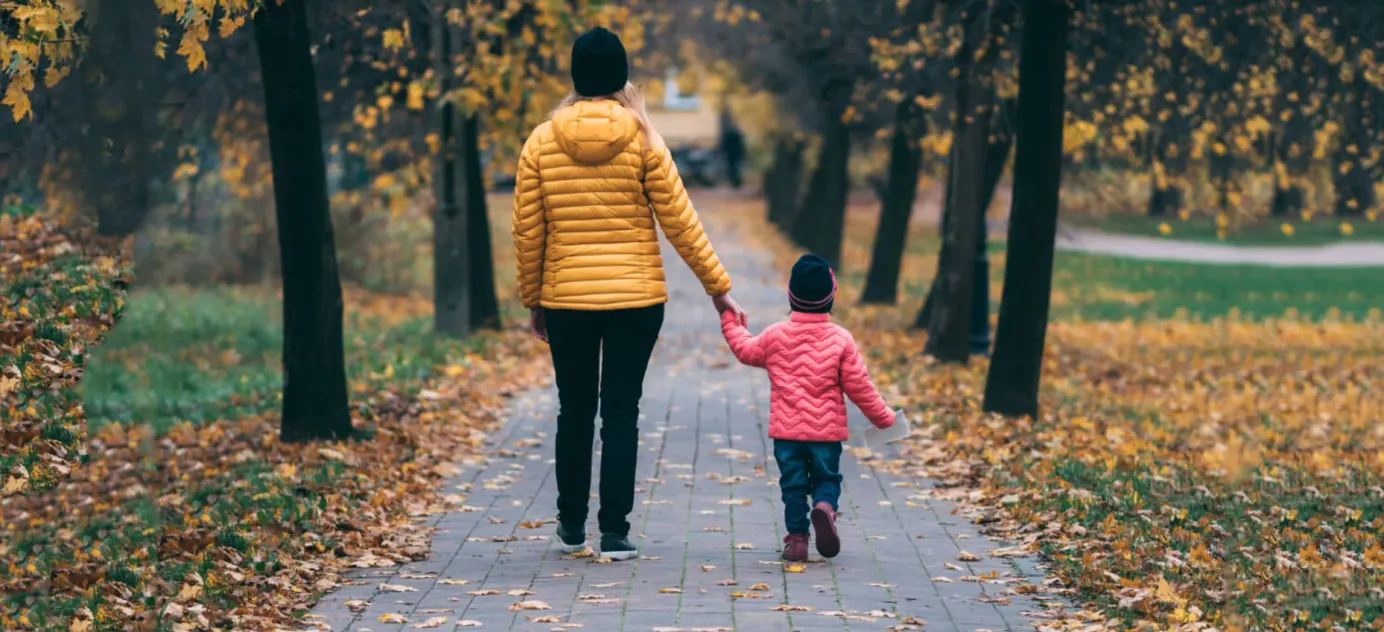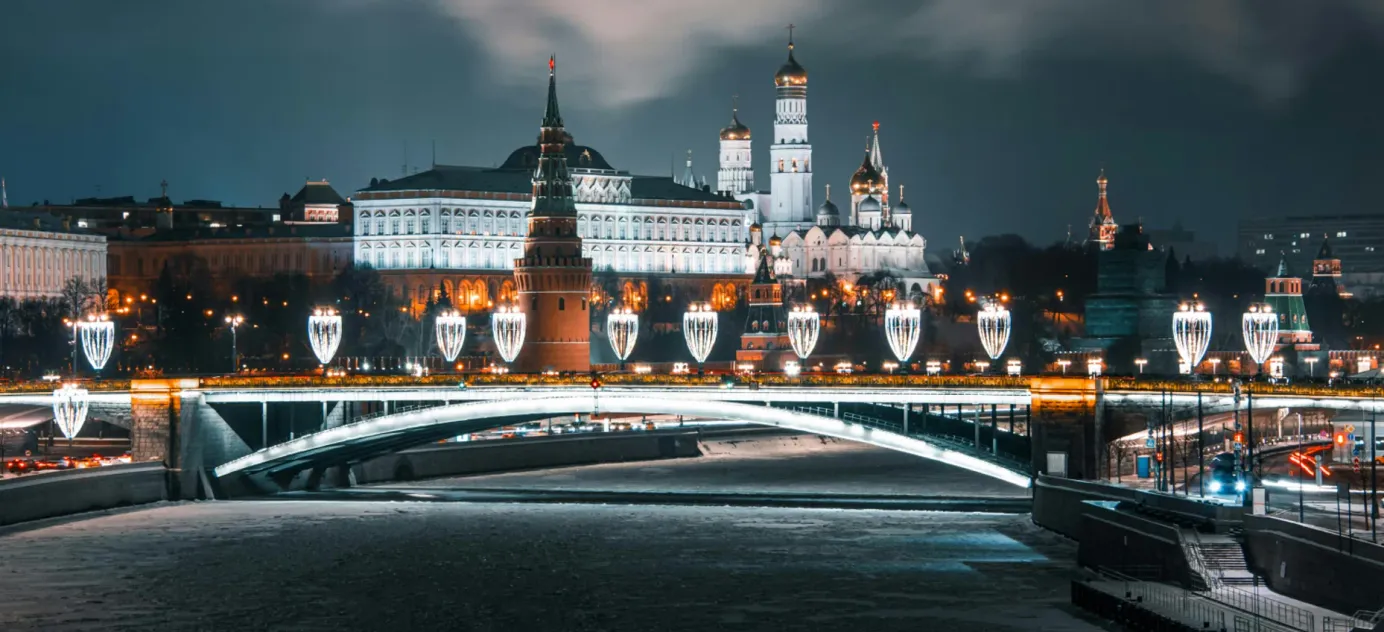
Is Russia dying out? Our interview with a demographer
Following the U.S.S.R.'s dissolution, Russia's population decline became an acute economic problem. Putin turned the "demographic solution" into his most important PR triumph. Yet the demographic crisis has resurfaced due to the pandemic and Ukraine's invasion. We spoke with demographer Salavat Abylkalikov about whether Russia is dying out, how fast, and why the country’s population is falling. Here are the top takeaways:
- In 2022, Russia's population growth rate was -0.38%. Assuming this rate persists, the population will halve in 184 years (according to Rosstat figures, Russia currently has 146.4 million inhabitants — The Bell). According to the UN's latest projection, Russia's population will be 112.2 million by 2100 under average circumstances.
- The Covid-19 pandemic caused life expectancy in Russia to fall by 3.3 years. It quickly began to recover in 2022, rising by 2.7 years. However, the war has disrupted this progress, and life expectancy is now impacted by war-related deaths and stress-induced substance abuse. Lower incomes and worsening access to medication, diagnostics, equipment and treatment are further reducing life expectancy.
- The war may also cause a decrease in inward migration, which has previously helped offset Russia's natural population decline. From 1992-2019, the natural loss was 13.8 million people, but inward migration compensated with 9.6 million. Russia could now find itself in a situation where natural and migratory losses reinforce one another.
- In the 1990s, after the lifting of the Iron Curtain, Russia went through a wave of emigration similar to that of the present day. There are several important differences between then and now, however. From a demographic perspective, the emigration of the 1990s was more than offset by a wave of immigration from the former Soviet republics — in 1994 alone, the net migration inflow was almost 1 million. But now emigration could be more short term. In the 1990s, people chose to leave, while today’s emigration has an element of escape. “For people like that, as soon as the situation changes, it’s likely that they will immediately start looking to book a return ticket.”
- Shifts in the age structure of the population pose a substantial demographic risk for Russia's economy. The generations born in the 1990s and 2000s, when Russia's birth rate was at its lowest, are now entering the labor market. This will exacerbate the existing crisis due to a lack of young workers. Meanwhile, the post-war generations of the 1950s and 60s are aging and approaching retirement.
You can read the full interview here.





